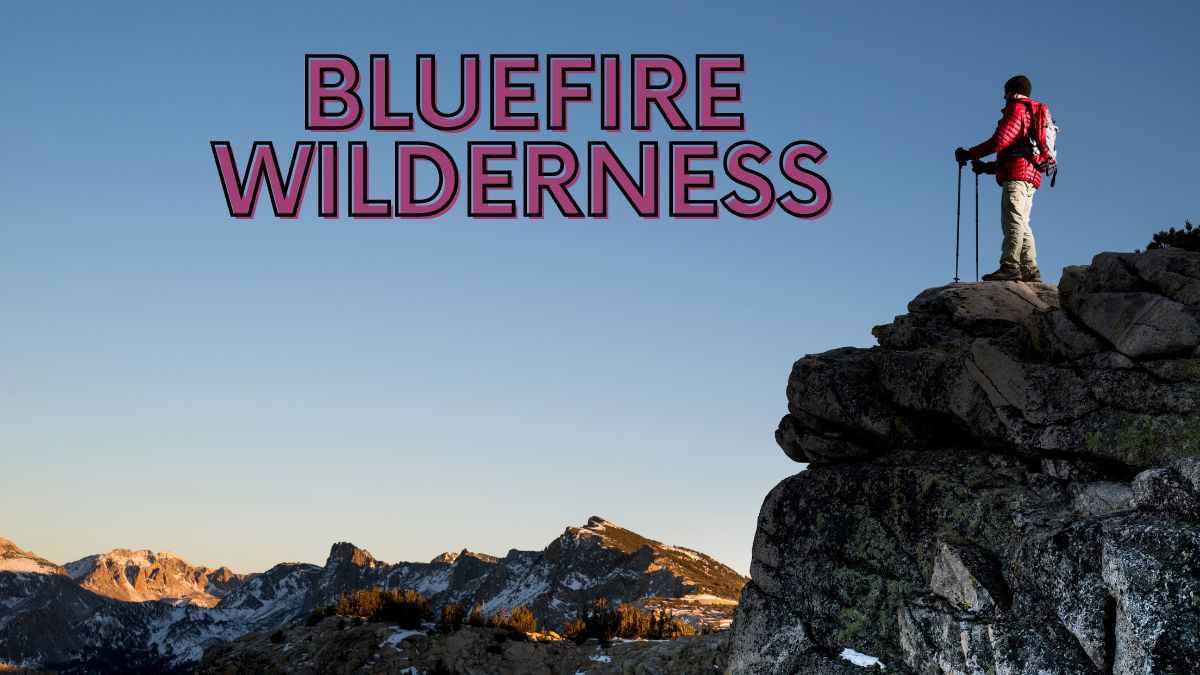Bluefire Wilderness Lawsuit: A Detailed Overview, In recent years, the wilderness therapy industry has come under scrutiny for various reasons, ranging from allegations of abuse to questions about the effectiveness of its methods. BlueFire Wilderness, a prominent player in this field, found itself embroiled in controversy when faced with a lawsuit. This article aims to delve into the details of the BlueFire Wilderness lawsuit, analyzing its background, the allegations, responses, and potential implications. Additionally, it will provide six tables illustrating key points and data related to the case.
Table of Contents:
- Introduction
- Background of BlueFire Wilderness
- Overview of the Lawsuit
- Allegations Against BlueFire Wilderness
- Responses and Defense
- Implications of the Lawsuit
- Conclusion
- FAQ
1. Introduction:
The wilderness therapy industry has gained popularity in recent years as an alternative approach to treating troubled youth. BlueFire Wilderness is one such organization offering wilderness therapy programs aimed at helping adolescents struggling with various issues such as addiction, behavioral disorders, and mental health challenges. However, the industry’s methods and ethics have been under scrutiny, leading to legal challenges such as the lawsuit faced by BlueFire Wilderness.
2. Background of BlueFire Wilderness:
BlueFire Wilderness was founded with the mission of providing therapeutic wilderness experiences for adolescents in need of support and intervention. Located in the rugged terrain of Idaho, BlueFire Wilderness offers immersive outdoor experiences combined with therapeutic interventions to help young people navigate challenges and develop essential life skills. Despite its noble intentions, the organization has faced criticism and legal challenges, including the recent lawsuit.
3. Overview of the Lawsuit:
The lawsuit against BlueFire Wilderness alleges various forms of misconduct and negligence, raising serious concerns about the safety and effectiveness of its programs. Plaintiffs in the case have cited instances of abuse, neglect, and failure to provide adequate care and supervision, leading to physical and emotional harm to participants. The lawsuit seeks compensation for damages and punitive action against the organization.
4. Allegations Against BlueFire Wilderness:
The allegations against BlueFire Wilderness are wide-ranging and deeply troubling. They include:
- Physical abuse: Plaintiffs claim that participants in the program were subjected to physical abuse by staff members, including instances of restraint and assault.
- Negligence: There are allegations of negligence on the part of BlueFire Wilderness, including failure to properly screen staff, inadequate training, and lack of supervision.
- Emotional harm: Participants and their families allege that the program caused significant emotional distress, exacerbating existing mental health issues and trauma.
- Deceptive practices: Some plaintiffs accuse BlueFire Wilderness of deceptive marketing practices, misrepresenting the nature and effectiveness of its programs.
5. Responses and Defense:
BlueFire Wilderness has vehemently denied the allegations leveled against it, asserting that it operates with the highest standards of care and professionalism. The organization has issued statements defending its practices and reputation, emphasizing its commitment to the well-being of participants and the integrity of its programs. BlueFire Wilderness has pledged to cooperate fully with legal proceedings and has expressed confidence in its ability to refute the claims made against it.
6. Implications of the Lawsuit:
The lawsuit against BlueFire Wilderness has significant implications for the wilderness therapy industry as a whole. It highlights the need for greater oversight and regulation to ensure the safety and well-being of participants in these programs. If the allegations are proven true, it could lead to increased scrutiny and regulation of wilderness therapy practices, impacting not only BlueFire Wilderness but other organizations operating in this space.
FAQs
Q: What is wilderness therapy?
A: Wilderness therapy is a form of therapeutic intervention that involves immersive outdoor experiences aimed at promoting personal growth, healing, and self-discovery, particularly for adolescents and young adults facing behavioral, emotional, or mental health challenges.
Q: How common are lawsuits in the wilderness therapy industry?
A: While lawsuits in the wilderness therapy industry are not uncommon, they vary in nature and severity. Allegations of abuse, negligence, and misconduct have been reported in some cases, prompting legal action against specific organizations.
Q: What steps can be taken to ensure the safety and effectiveness of wilderness therapy programs?
A: Implementing rigorous screening and training protocols for staff, maintaining adequate supervision and support for participants, and adhering to ethical guidelines and best practices are essential steps to ensure the safety and effectiveness of wilderness therapy programs. Additionally, greater oversight and regulation by relevant authorities can help address concerns and prevent misconduct.
Q: How can families choose a reputable wilderness therapy program for their loved ones?
A: Families seeking wilderness therapy for their loved ones should conduct thorough research, including reviewing the program’s credentials, reputation, safety record, and adherence to industry standards and ethics. Consulting with mental health professionals and seeking recommendations from trusted sources can also help families make informed decisions.
Conclusion:
The lawsuit against BlueFire Wilderness underscores the complex challenges facing the wilderness therapy industry. While these programs can offer valuable opportunities for personal growth and healing, they must be held accountable for the safety and welfare of participants. The outcome of this case will undoubtedly have far-reaching consequences, shaping the future of wilderness therapy and raising important questions about ethics, regulation, and accountability.

